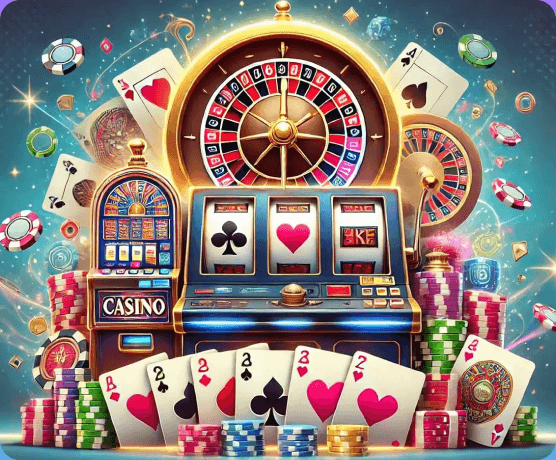Goa Games: A Complete Player’s Handbook
Goa Games is a renowned strategy board game designed by Rüdiger Dorn and first published in 2004. Set during the Age of Exploration, players assume the roles of colonial companies vying for dominance in the spice trade. The game masterfully combines auction mechanics, resource management, and tactical planning, offering a deeply engaging experience for 2 to 4 players.
Game Overview
In Goa, players aim to accumulate the most victory points (VPs) by the end of the game. Points are earned through various avenues, including:
- Advancement on development tracks
- Establishing and upgrading colonies
- Completing expeditions
- Amassing wealth (ducats)
- Owning special tiles
The game unfolds over eight rounds, divided into two phases:
- Phase A (Rounds 1–4): Players focus on acquiring resources and establishing a foundation.
- Phase B (Rounds 5–8): The emphasis shifts towards expanding influence and securing victory points.
Game Components
Goa includes the following components:
- 1 game board
- 55 game tiles
- 18 colony tiles
- 18 colonist cards
- 17 ship cards
- 10 additional action cards
- 45 ducat cards
- 30 expedition cards
- 4 supply boards
- 4 development boards
- 20 auction markers
- 20 success markers
- 50 spice sacks
Each player selects a color and receives a corresponding supply board, development board, and auction markers. Players also receive initial resources, including ducats, colonists, and ships.
Core Gameplay Phases
1. Auction Phase
The auction phase is pivotal, as it determines which tiles will be available to players. Tiles can include resources, actions, or advancements. Players bid using their ducats, and the highest bidder gains the tile. Strategic bidding is essential, as acquiring the right tiles can significantly impact one’s progress.
2. Action Phase
During the action phase, players perform actions such as:
- Developing Tracks: Advancing on development tracks to gain benefits.
- Establishing Colonies: Using colonists and ships to set up colonies.
- Completing Expeditions: Utilizing expedition cards to gain points.
- Trading Spices: Exchanging spices for resources or points.
Effective resource management and timely actions are crucial for success.
3. Income Phase
At the end of each round, players receive income based on their advancements and holdings. This income is vital for funding future actions and bids.
Victory Conditions
The game concludes after eight rounds. Victory points are tallied from various sources:
- Development Tracks: Points for advancements.
- Colonies: Points for established colonies.
- Expeditions: Points for completed expeditions.
- Ducats: Points for remaining ducats.
- Special Tiles: Points for owned special tiles.
The player with the highest total of victory points wins the game.
Strategy Tips
- Early Development: Focus on advancing development tracks early to gain benefits.
- Balanced Expansion: While colonies are important, don’t overextend; balance with other strategies.
- Resource Management: Efficiently manage spices, ducats, and other resources to maintain flexibility.
- Auction Strategy: Control the auction phase by bidding strategically to acquire essential tiles.
- Adaptability: Be prepared to adjust your strategy based on opponents’ actions and tile availability.
Variants and Expansions
Goa has inspired various expansions and variants, including:
- Go Goa: A roll-and-write game set in Goa, India, offering a different gameplay experience.
- Goa: A New Expedition: An updated edition with revised rules and components.
These variants provide fresh challenges and are suitable for different player preferences.
Conclusion
Goa stands out as a strategic board game that combines auction mechanics with resource management. Its depth and replayability make it a favorite among enthusiasts. Whether you’re a seasoned player or new to the game, Goa offers a rewarding experience that tests your strategic thinking and adaptability

